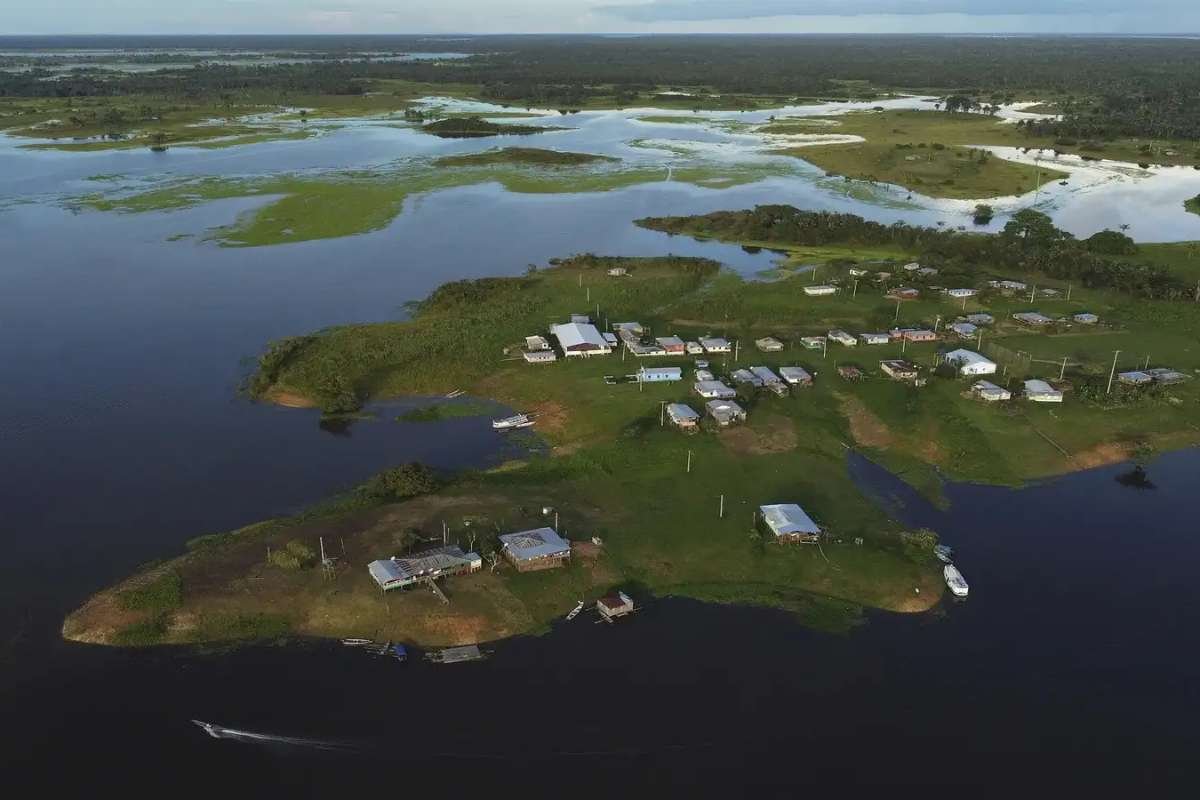Brazil’s Chamber of Deputies has approved a highly controversial proposal, known as the Devastation Bill, that rewrites the country’s environmental licensing framework, marking what many experts and activists call a major setback for conservation efforts. The bill, widely dubbed the “devastation bill” by environmental groups, passed on July 17 with a 267–116 vote and had previously cleared the Senate in May. It now awaits President Luiz Inácio Lula da Silva’s decision—he can either sign, veto in part, or reject it entirely.
Key changes include the elimination of multi-phase environmental review processes and the exemption of certain infrastructure projects—such as highway expansions—from licensing altogether. Perhaps most concerning to environmentalists is the introduction of a “self-licensing” mechanism. This would allow companies to submit online declarations for medium-risk projects without independent impact assessments—potentially covering 80% to 90% of new development ventures, according to watchdog group WWF-Brazil.
Proponents argue the Devastation Bill removes red tape and fosters economic growth. However, critics say it endangers critical ecosystems, opens doors to unchecked deforestation, and weakens the role of oversight agencies that protect vulnerable environments and communities.
Indigenous Lands and Ecosystems Left Vulnerable
The Devastation Bill severely restricts the consultation rights of Indigenous and quilombola (Afro-Brazilian) communities. Only territories with officially recognized legal status are eligible for consultation, leaving vast stretches of ancestral lands without protection. Experts estimate that 30% of Indigenous areas and up to 80% of quilombola lands fall outside these protections.
Additionally, the bill classifies major infrastructure projects as “strategic,” giving them the green light to proceed without full environmental scrutiny. Among these are the proposed revival of BR-319, a road slicing through the Amazon rainforest, and offshore oil drilling initiatives along the Amazon coast. Environmental scientists warn such projects could push the rainforest closer to its ecological tipping point, triggering irreversible degradation.
Congressman Nilto Tatto, who heads the environmental caucus, condemned the Devastation Bill as “custom-made to serve predatory interests.” His statement reflects widespread concern that the legislation is more aligned with agribusiness and industrial lobbies than with sustainable development.
Political Stakes Rise as Lula Faces Climate Test
President Lula—internationally recognized for championing environmental causes—now faces mounting pressure from environmentalists, Indigenous groups, and international leaders. With Brazil set to host the COP30 UN Climate Conference in Belém this November, his decision on the bill will serve as a litmus test for the country’s environmental credibility.
Environment Minister Marina Silva has publicly decried the legislation, describing it as a “death blow” to Brazil’s licensing system. “It fatally wounds the ability of public agencies to prevent disasters and protect nature,” she warned, urging Lula to issue a full veto.
More than 350 civil society organizations—including Greenpeace and Climate Observatory—have already mobilized against the Devastation Bill and are preparing legal challenges. Legal experts predict the legislation, if enacted without changes, will face a wave of constitutional appeals in Brazil’s Supreme Court.
With the eyes of the world turning toward COP30 and the Amazon’s future hanging in the balance, Lula’s next move could determine whether Brazil reclaims its role as a global environmental leader—or accelerates a perilous path toward ecological collapse.
Visit The Lifesciences Magazine to read more.







